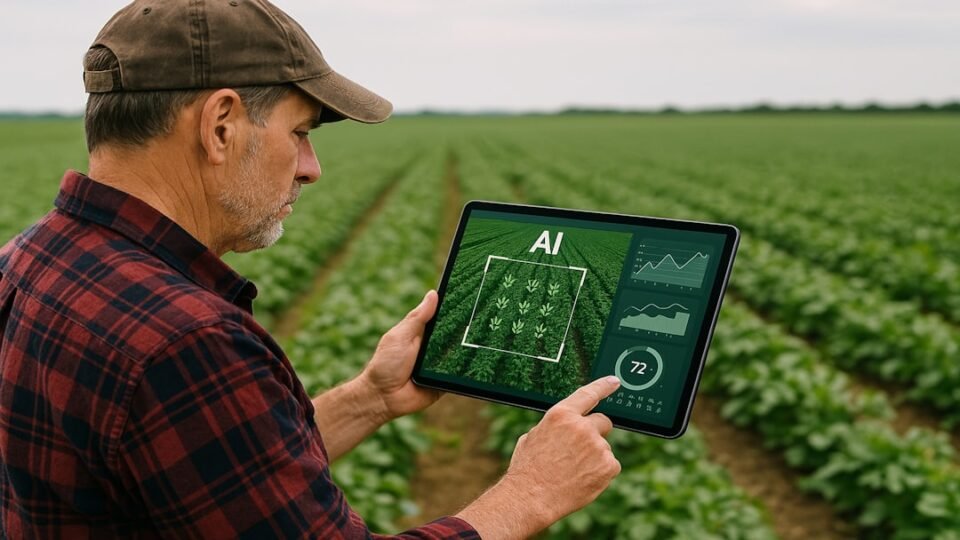As the global population approaches 9 billion by 2030, the need for enhanced agricultural productivity and sustainability becomes critical. Progressive agriculture, also known as progressive farming, is at the forefront of this transformation by integrating advanced technologies and innovative practices to tackle contemporary challenges such as climate change and economic viability. By 2025, partnerships in progressive agriculture are set to drive technological advancements, leveraging AI, IoT, precision farming, and blockchain to optimize yields and resource use globally. This collaborative effort involves farmers, businesses, governments, and technology providers working together towards a food-secure and environmentally sustainable future.
In 2025, progressive agriculture is defined by its adoption of cutting-edge technologies and data-driven methods that surpass traditional approaches. These include AI for data analytics, IoT for smart farming systems, precision farming tools, drones, satellite imaging, and automated machinery. Such technologies enable real-time decision-making, resource efficiency, and improved crop management, paving the way for a more sustainable agricultural landscape.
Key challenges remain, particularly for smallholder farmers who face barriers such as limited access to technology and digital literacy gaps. However, opportunities are emerging through mobile platforms, sustainable finance models, and inclusive collaboration efforts that promote digital literacy and capacity building.
Five major tech trends are revolutionizing progressive agriculture: AI and data analytics, IoT and smart farming systems, precision farming tools, drones and satellite imaging, and automated machinery. These advancements promise increased productivity, reduced environmental impact, and enhanced resource optimization.
Farmonaut, a leader in satellite-driven insights, exemplifies how technology can empower farmers with tools for real-time monitoring, AI-driven advisories, and blockchain-based traceability. As we look to the future, the emphasis will be on scaling precision technologies, carbon footprint monitoring, global connectivity, and fostering inclusivity and transparency in supply chains.
In conclusion, the convergence of technology and strategic approaches in progressive farming is reshaping agriculture. With continued focus on innovation and collaboration, the sector is poised to meet the demands of a growing population while ensuring environmental stewardship and economic sustainability.


